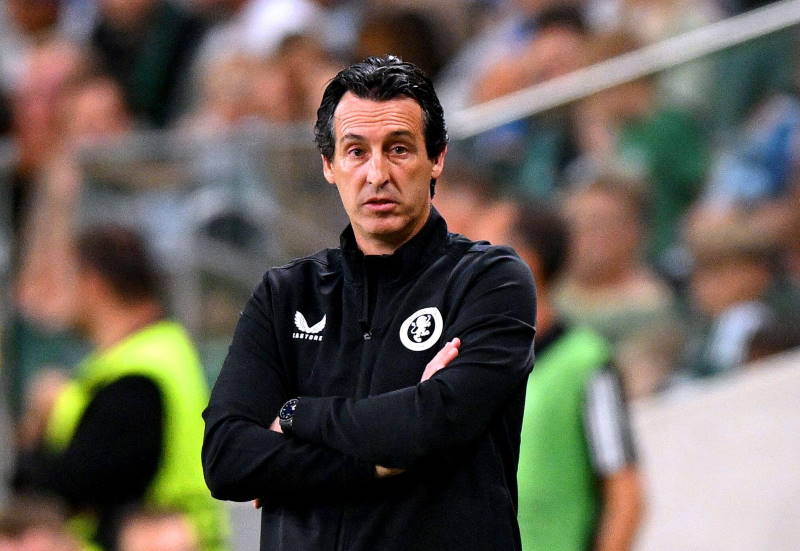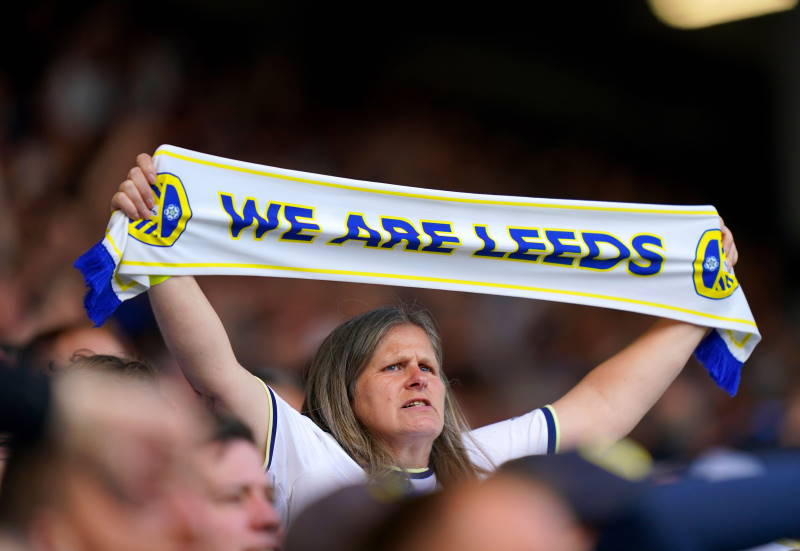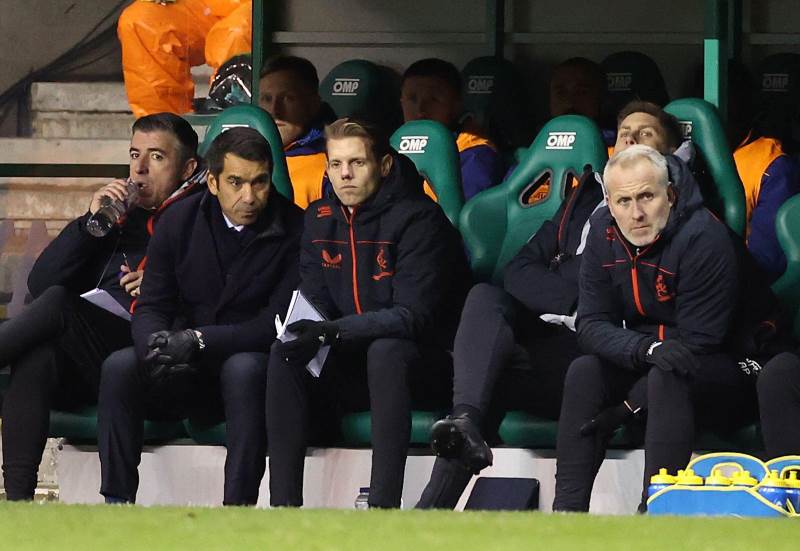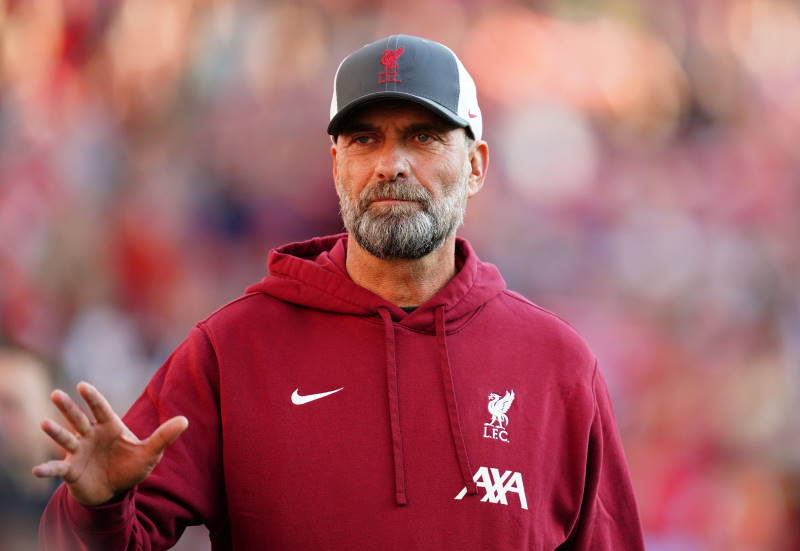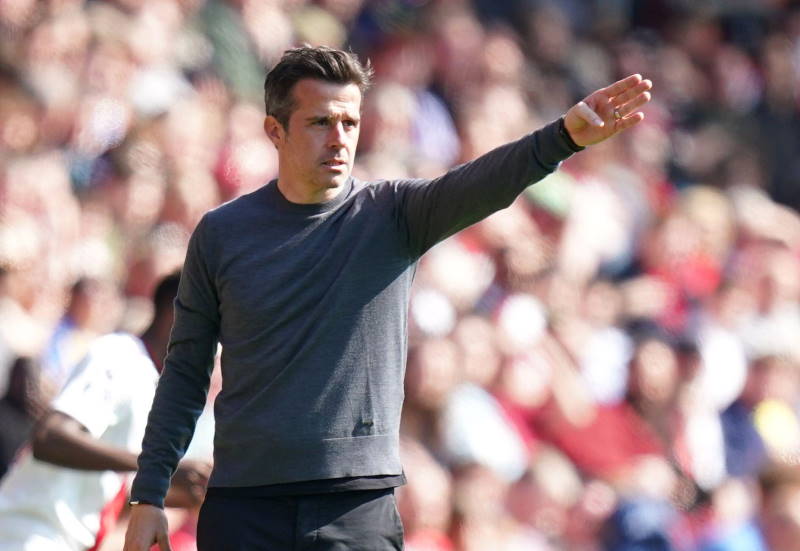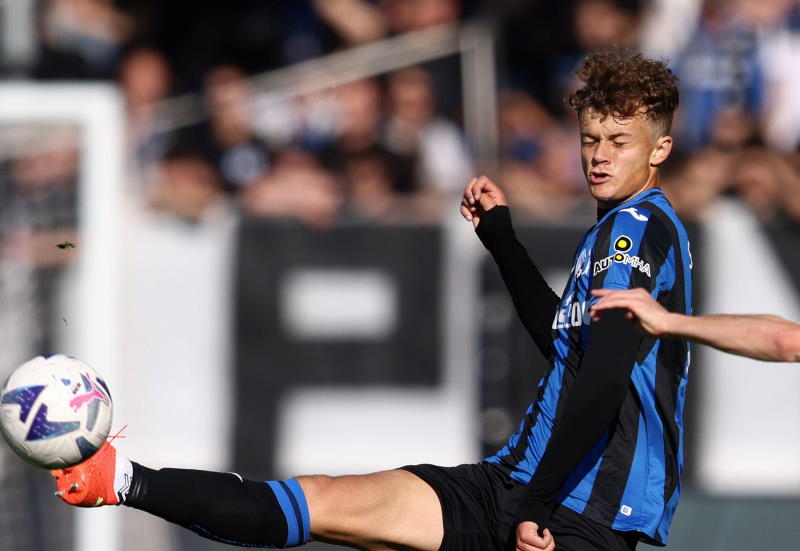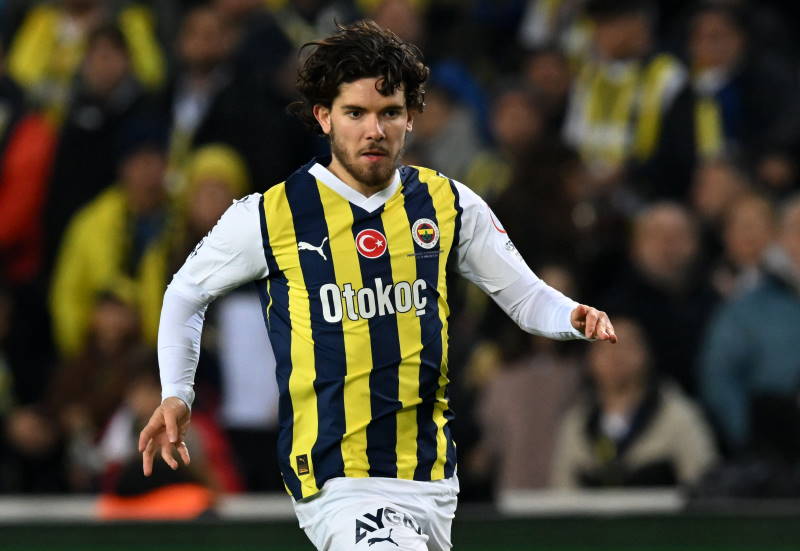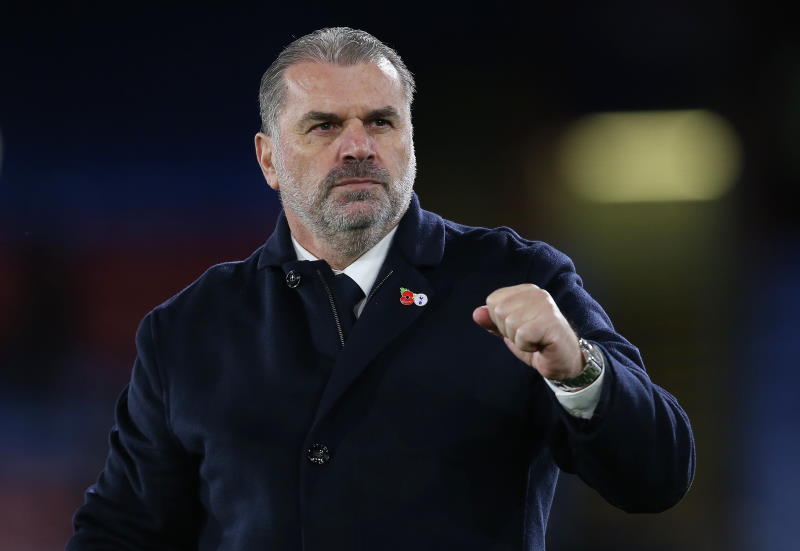
On 25th May, the Champions League final will be played out between two teams from the same country for the fourth time in history. The first time, Real Madrid beat Valencia 3-0. The all-Italian and all-English finals since have been won on penalties. With two German sides going head to head for the first time at Wembley Stadium, the final could go to spot-kicks once again.
If it did, one team would be crowned champions of Europe in the least fitting way imaginable given the way Borussia Dortmund and Bayern Munich reached the final. They comprehensively swept aside Spanish opposition in the semi-finals. The last four featured, unusually, the best quartet of sides on the continent, a tantalising prospect. In the end, it turned out that the semi-finals pitted the best two teams in Europe against the next best two. Borussia Dortmund and Bayern Munich were that good.
Bayern Munich utterly humiliated Barcelona at the Allianz Arena, toying with the previously best team in Europe. It was a classic game of cat and mouse in large part. The Bavarians were happy for Barcelona to stroll around unharmed when they had the ball in their own half, but as soon as they tried to advance into the home side’s territory, they were hunted down, dispossessed and counter attacked with ruthless speed and accuracy. It was a terrifying display of efficiency. It was a similar story at the Camp Nou a week later, as Bayern Munich cruised to a 3-0 win, the largest victory by an away team at the stadium since Dynamo Kyiv visited last millennium.
Dortmund were not quite as ruthless in their victory over Real Madrid. Unlike Bayern Munich there was no sense of trying to right a wrong. Bayern Munich, beaten by Chelsea in last season’s final in improbable circumstances, are driven by that memory. For Dortmund, they are enjoying every moment and seeing where it takes them. The home leg against Real Madrid at the Westfalonstadion was an incredible display of attacking prowess. They stopped the Spaniards in their tracks, passed the ball forward quickly and sought to expose gaps in the Real Madrid defence. They did so four times, the first, second and third brilliantly finished by Robert Lewandowski, his brain working as quickly as his feet in manoeuvring himself into goalscoring positions to punish the Spaniards. The fourth goal was the result of a dishevelled, demoralised Real Madrid defence, sick of the sight of the yellow shirts pouring at them, and in frustration hauling down the irrepressible Marco Reus. Lewandowski’s spot kick was emphatic.
The return leg in Madrid was a strange game. The opening was dominated by Los Blancos, passing with intent and purpose. But Dortmund held firm, and grew into the game, seemingly nervous at first; understandably too, given this is unchartered territory, unlike for Bayern Munich. But as they settled, they started creating better chances than Real Madrid, Lewandowski missing two good opportunities and Ilkay Gundogan somehow failing to find the net from point blank range. In the end a late rally from Real Madrid made the game seem closer than it really was, and should have been, but Dortmund were deserved winners.
Why were these German sides able to brush aside their opponents so easily? The main thing that struck home about the matches was the speed at which Dortmund and Bayern Munich played. Barcelona and Real Madrid seemed to want the game to be played much slower, giving them the chance to pass the ball around and get into good positions, but they simply weren’t given the time.
For Barcelona, they found Bayern Munich hounding them with relentless speed. Their well-co-ordinated pressing and pinpoint passing means they can breach the most organised defences almost in the blink of an eye. Their way of playing is slightly different to the way Barcelona have come to dominate. For Bayern Munich there is more emphasis on getting the ball as quickly as possible into space – it is more direct.
Similarly with Dortmund, the Ruhr giants do not so much play possession football as attacking football. They love the short passing game, like Barcelona, but like to pass it as quickly as possible from back to front rather than enjoying possession for possessions sake. With Barcelona, the impression that to lose the ball is a crime is always present. For Dortmund, losing the ball is an acceptable price for trying to play a quick counter attack. Against Real Madrid many of their attacks actually broke down due to an inaccurate pass, but so relentless was their pressing and so fast were their passing movements that they would soon win the ball back and be back on the attack.
In a sense, these two magnificent German sides are playing a style of football closer to that envisaged by the Dutch vision of total football than Barcelona have been. The most important principles of total football lie in squeezing space and making the pitch small when out of possession, and making the pitch big and stretching the play, finding space when with the ball. The constant changing of positions between players is something Barcelona have mastered, but the way Bayern Munich and Dortmund squeeze the play when out of possession would have legendary Dutch coach Rinus Michels purring. Their ability to then break into space and make the pitch seem twice as big once they win the ball back is the epitomy of total football, making the very most of the space to their advantage. It is the speed they play at which achieves this.
Barcelona and Real Madrid were plainly uncomfortable being forced to play at the speed at which Dortmund and Bayern Munich wanted to play the game. And so good was the passing of these two German giants, that they were able to force the pace of the match. It is reminiscent of the way in which the Germany national side place more emphasis on attacking through speed rather than through possession as Spain do. That, more than anything, is why there are two German sides, rather than two Spanish teams, set to step out at Wembley in the Champions League final.
Like to bet on football? Pay Inside Bet a visit!

